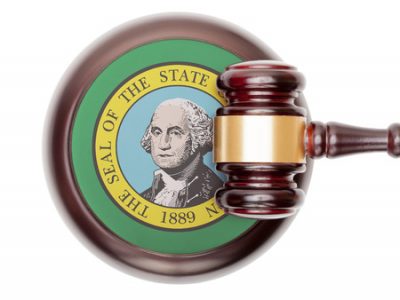The purpose of a personal injury claim is to seek compensation for the physical, emotional, and financial losses suffered due to the negligence or intentional actions of another party. About 95 percent of personal injury lawsuits end in a pre-trial settlement. But, what stages are there in a personal injury case? Do personal injury cases settle after deposition?
A personal injury claim has several steps, starting with a consultation and investigation. The personal injury attorney investigates the case, gathers evidence, talks to witnesses, and assesses the extent of damages. The next step is “filing the complaint” against the responsible party. Once a response is received, the discovery phase begins. During this phase, both parties exchange information and evidence relevant to the case. This can involve interrogatories, document requests, and depositions.
After the discovery phase is complete, it’s time for pre-trial motions where either party can file motions asking the court to rule on specific issues before trial. From there, both parties may engage in settlement negotiations to resolve the case without going to trial. If a settlement isn’t reached, the case goes to trial. Both parties present their evidence, and a judge or jury makes a decision. The court issues a judgment based on the trial’s outcome. Either party can appeal the judgment if they believe legal errors occurred during the trial. If there’s no appeal or if the appeal is resolved, the case concludes, and the determined compensation is awarded if applicable.
It’s important to note that every case is unique, and these stages can vary based on the specifics of the situation and the laws in the state you suffered the injury. Consulting with an experienced local personal injury attorney is crucial to navigate these stages effectively.
Do Personal Injury Cases Settle After Deposition?
A deposition is when the opposing party’s lawyer interviews you regarding the facts, details, and circumstances of your claim to gather information. This occurs at a predetermined date, time, and location, which all parties are informed of in advance. Typically, depositions are conducted in an attorney’s office rather than a courtroom.
Settlement negotiations can take place at any point during the legal proceedings, including before and after depositions. In fact, depositions often provide both parties with a clearer understanding of the strengths and weaknesses of their case. After depositions, parties may have a better idea of the evidence and testimony that will be presented in court, which can sometimes encourage settlement discussions.
However, whether a case settles after depositions or not depends on various factors, including the complexity of the case, the willingness of both parties to negotiate, the strength of the evidence, and the assessment of potential outcomes at trial. Some cases do settle after depositions, while others may proceed to further stages of litigation or go to trial.
It’s essential to consult with a qualified personal injury lawyer who can provide guidance tailored to your case.
Seek the help of a personal injury lawyer
If you or a loved one was injured because of the negligence of another, contact a personal injury lawyer to discuss your legal rights. Let an experienced accident attorney fight for the full compensation that you deserve. It is not uncommon to receive a settlement from the insurance company that is five to ten times larger with the help of a lawyer. Call the personal injury lawyers at Tario & Associates, P.S. in Bellingham, WA today for a FREE consultation! We have been representing residents of Whatcom County, Skagit County, Island County and Snohomish County since 1979. You will pay nothing up front and no attorney fees at all unless we recover damages for you!





